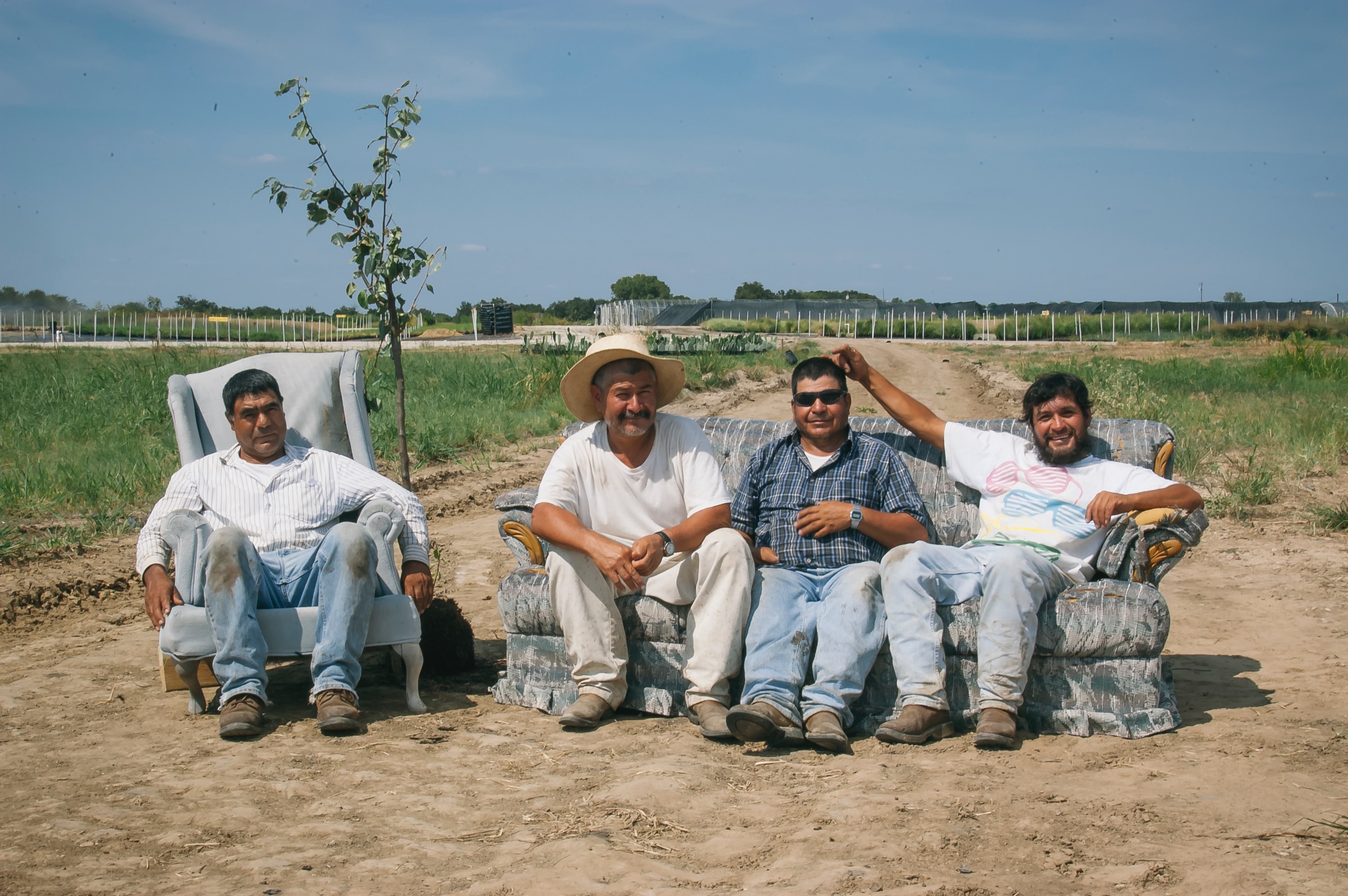The House of Representatives recently made a bold move that could give undocumented farmworkers a pathway to permanent residence.
Yesterday, December 11, 2019, by a vote of 260-165, the House passed the Farm Workforce Modernization Act, a progressive bill that if approved by the Senate, would create several exciting opportunities for undocumented farmworkers as well as U.S. employers.
What does the Bill propose?
The bill would allow existing agricultural workers in the United States to legalize their status through continued agricultural employment and contribution to the United States economy.
Which workers would be eligible for Permanent Resident Status?
Earned Pathway to Legalization
- Individuals who have worked in agriculture in the U.S. for at least 10 years before enactment of the bill, must continue to work for at least 4 more years in agriculture on Certified Agricultural Worker (CAW) status before being eligible to apply for permanent residence OR
- Individuals who have worked in agriculture in the U.S. for less than 10 years, must work at least 8 more years in agriculture on CAW status before being eligible to apply for permanent residence
- Applicants who qualify based on one of these criteria would be required to pay a $1,000 fine
In addition, the bill would:
- Create a new temporary worker visa program for current unauthorized farmworkers called Certified Agricultural Worker (CAW) status. CAW visas would be renewable and five-and-a-half years in length. The number of CAW visas would be uncapped.
- Establish eligibility requirements of the CAW visa.Unauthorized immigrants who have spent at least 180 days of the last two years in agricultural employment would be eligible for the Certified Agricultural Worker Visa.
- With few exceptions, applicants must meet existing work visa admissibility requirements to be eligible and must pass a criminal background check.
- Felons and those who have been convicted of multiple misdemeanors (two or more offenses of moral turpitude or three offenses in general) would not be eligible.
 Visa Lawyer Blog
Visa Lawyer Blog




